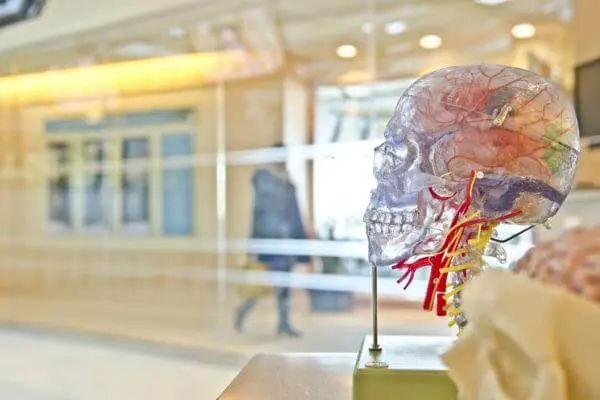Vampiric Anemia
The condition of vampires who aren't drinking enough blood, causing a large decrease in red blood cells
Illness
Similar to Hemolytic Anemia
Not drinking enough
Typically one should make sure they get enough blood daily. Vampires need to drink once a day at least to be healthy, but can manage missing up to 48 hours, after that effects of the condition set in, with thirst, paleness, and fatigue
Paleness, Gaunt Features, Weight and muscle loss
Because of increasing amounts of thirst, it's likely anyone with this condition would struggle around other people's or animals blood, and would have violent thoughts regarding it. It's one of the only times they would consider hunting animals.
Increasing Thirst, Fatigue, Poor Circulation (or none at all), violent thoughts, Blood lust
Until enough blood as been drunk.
Vampires are long lived and hardy, so they'd have to live without blood of decades for it to actually kill them, but with this condition they are increasingly violent and would likely get themselves killed. It's also not a particularly fun illness and would be torturous to live so long with it, meaning blood will be desperately looked for, making the chances of dying from it very low.
Drink blood daily or at least once every 48 hours
Typically signs are very obvious, but a healer of any race can ask questions and figure it out if it's less clear
Rest, and daily blood, for as long as up to two weeks, depending on how long was spent not drinking
Blood
Most healers are familiar with it, but vampire healers are more specialized in it, as it's their own condition
It's pretty uncommon, but not rare either.
Fernweh
Much of this was to give an actual medical name for vampiric starvation and the effects it has on a vampires body. My research led me to a real life condition with a similar way of functioning and I knew that my vampire Mara, would be assumed to have that condition. Creating this condition involved a mix of research into the real life form of anemia I had found, as well as the effects of starvation in humans.
This condition was created by Hannah Bridges on Notebook.ai.
See more from Hannah BridgesCreate your own universe
